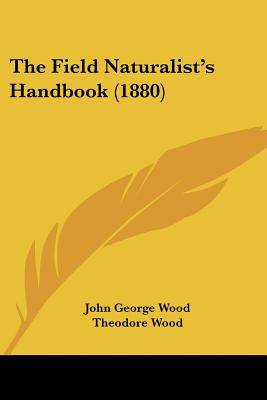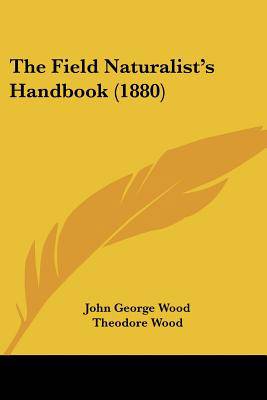
- Retrait gratuit dans votre magasin Club
- 7.000.000 titres dans notre catalogue
- Payer en toute sécurité
- Toujours un magasin près de chez vous
- Retrait gratuit dans votre magasin Club
- 7.000.0000 titres dans notre catalogue
- Payer en toute sécurité
- Toujours un magasin près de chez vous
33,95 €
+ 67 points
Description
The Field Naturalist's Handbook is a comprehensive guide to the study of nature, written by John George Wood and originally published in 1880. This book is an essential resource for anyone interested in the natural world, from amateur enthusiasts to professional scientists. It covers a wide range of topics, including botany, zoology, geology, and astronomy, and provides detailed descriptions of various species of plants and animals, as well as tips on how to observe and study them in their natural habitats.The book is organized into chapters that cover different aspects of nature, such as the structure and classification of plants, the anatomy and behavior of animals, and the properties of rocks and minerals. Each chapter includes detailed illustrations and diagrams to help readers understand the concepts being discussed. The book also includes a glossary of scientific terms, a list of useful tools and equipment for field studies, and a bibliography of recommended reading.Throughout the book, Wood emphasizes the importance of careful observation and documentation in the study of nature. He provides practical advice on how to keep field notes, record observations, and collect specimens for further study. He also discusses the ethical considerations involved in the collection and preservation of plants and animals, emphasizing the need to respect their habitats and minimize harm to their populations.Overall, The Field Naturalist's Handbook is a valuable resource for anyone interested in the natural world. Its clear and concise explanations, detailed illustrations, and practical advice make it an essential guide for field studies and scientific research.This scarce antiquarian book is a facsimile reprint of the old original and may contain some imperfections such as library marks and notations. Because we believe this work is culturally important, we have made it available as part of our commitment for protecting, preserving, and promoting the world's literature in affordable, high quality, modern editions, that are true to their original work.
Spécifications
Parties prenantes
- Auteur(s) :
- Editeur:
Contenu
- Nombre de pages :
- 178
- Langue:
- Anglais
Caractéristiques
- EAN:
- 9781120879363
- Date de parution :
- 29-01-10
- Format:
- Livre broché
- Format numérique:
- Trade paperback (VS)
- Dimensions :
- 152 mm x 229 mm
- Poids :
- 244 g

Les avis
Nous publions uniquement les avis qui respectent les conditions requises. Consultez nos conditions pour les avis.






